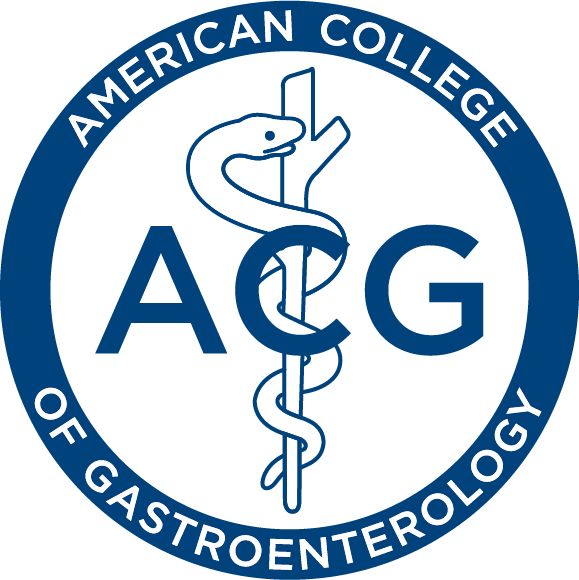Bethesda, MD (March 6, 2023) – The editors of The American Journal of Gastroenterology are pleased to share a special issue, “Lifespan of GI” that features clinical science discussing GI conditions and preventive care across all stages of life, from birth to death. Important age-related topics include when to stop certain screening tests in elderly populations when potential risks outweigh potential benefits, GI condition incidence and treatment in pediatric patients, and the transition from pediatric to adult care as it relates to chronic GI conditions. In an introductory editorial to the issue, Co-Editors-in-Chief Dr. Jasmohan Bajaj and Dr. Millie Long note that, “Challenges abound when managing patients in the extremes of age with GI disorders. A child cannot be approached as a small adult, and similarly, an older adult has unique issues that are distinct from younger individuals. Diagnostic dilemmas, screening strategies, medication delivery, pharmacodynamics and pharmacokinetics, and communication between patients, families, and providers are some of the major issues encountered by clinicians. In addition to medical care, the extremes of age also bring cost and healthcare delivery concerns, which several of our published articles focus upon.”
Specific topics featured in this issue include inflammatory bowel disease, celiac disease, colorectal cancer screening, gastroesophageal reflux, constipation, and fecal microbiota transplantation, as well as a new ACG Clinical Guideline on the Diagnosis and Management of Biliary Strictures.
Several articles are highlighted below and access to any articles from this issue, or past issues, is available upon request. The College is also able to connect members of the press with study authors or outside experts who can comment on the articles.
Colon Cancer Screening and the End of Life: Is Age Just a Number?
Andrew R. Reinink, MD; Ashish Malhotra, MD; Aasma Shaukat, MD, MPH, FACG
Current recommendations from the US Preventive Services Task Force and other societies on when to stop routine screening for colorectal cancer in older adults focus primarily on age. Individualized decision making is advised for patients aged 75-85 years, and screening in those over age 85 is discouraged, as the potential risks can outweigh the benefits. In this article, the authors discuss risks and benefits in these populations and emphasize that age should not be the sole factor in making the decision to continue screening or not. Individualizing based on comorbidities, screening history, gender, and patient and caregiver preferences should also be considered.
Gastroesophageal Reflux Treatment in Infancy Through Young Adulthood
Rachel Rosen, MD, MPH
In this review article, the author explores various treatment and management strategies for gastroesophageal reflux in infants, which can be complex to determine in such a young population. Considerations include nutritional therapies, positioning, acid suppression, motility medications, and additional testing and surgical management if patients do not respond to these typical treatments or those with severe, life-threatening complications of GERD.
Fecal Microbiota Transplantation Across the Lifespan: Balancing Efficacy, Safety, and Innovation
Gulati, et al.
The exploration of fecal microbiota transplantation for C. difficile infection in pediatric populations has grown over the past decade due to a dramatic increase in the incidence of pediatric CDI. High-quality, randomized controlled trials are needed to assess the effectiveness of FMT in pediatric CDI. FMT in older adults should be carefully considered, as the intestinal microbiome and metabolome change with age and the prevalence of key bacteria for C. difficile resistance typically decreases with age. Methods of FMT administration should be recommended on an individual basis, as colonoscopy can present higher risk of complication in older adults, but pill dysphagia is also a concern for some patients.
ACG Clinical Guideline: Diagnosis and Management of Biliary Strictures
Elmunzer, et al.
This new ACG Clinical Guideline includes 11 recommendations on the approach to patients with extrahepatic and perihilar strictures, focusing on diagnosis and drainage, using the PICO (population, intervention, comparator, and outcomes) formula. The authors provide suggestions for specific endoscopic techniques to accurately and safely diagnose biliary strictures and restore the flow of bile into the duodenum, regardless of location.
About the American College of Gastroenterology
Founded in 1932, the American College of Gastroenterology (ACG) is an organization with an international membership of over 18,000 individuals from 86 countries. The College’s vision is to be the preeminent professional organization that champions the prevention, diagnosis, and treatment of digestive disorders, serving as a beacon to guide the delivery of the highest quality, compassionate, and evidence-based patient care. The mission of the College is to enhance the ability of our members to provide world class care to patients with digestive disorders and advance the profession through excellence and innovation based upon the pillars of Patient Care, Education, Scientific Investigation, Advocacy and Practice Management. www.gi.org
###

